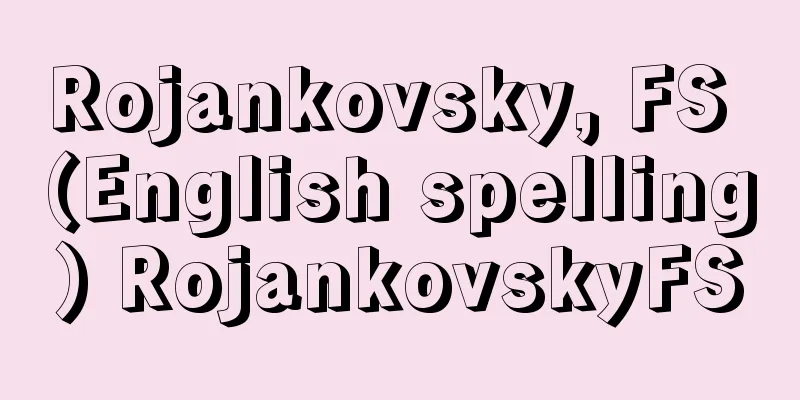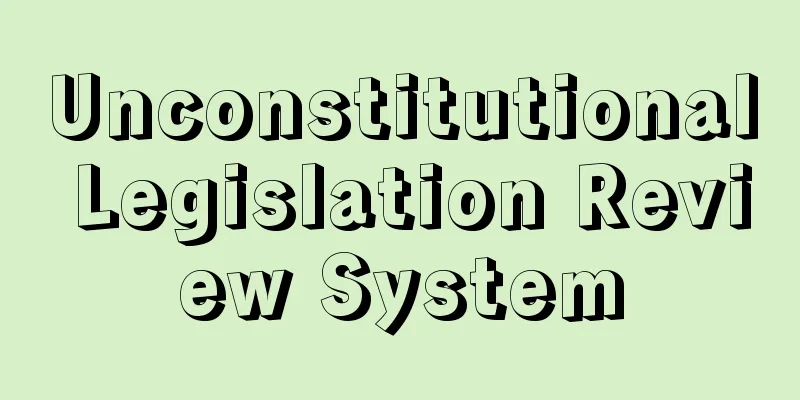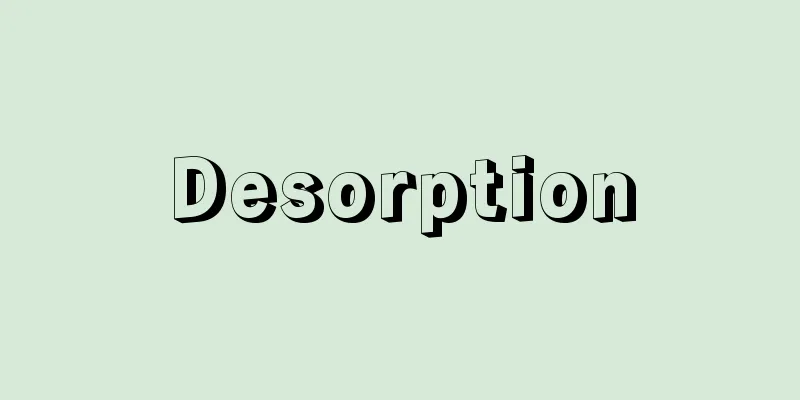Functional group

|
A group formed artificially and deliberately in order to pursue a specific purpose, interest, or profit. A concept used in contrast to a basic group. It is also called a derived group because it is derived from a basic group, or a purpose group because it pursues a specific purpose. There are many different types of functional groups, but they can be broadly divided into four areas: politics, economy, culture, and society. In the political sphere, functional groups directly or indirectly related to the legislative, judicial, and administrative spheres are differentiated, while in the economic sphere, a wide variety of functional groups related to the primary, secondary, and tertiary industries are differentiated. Furthermore, in the cultural sphere, functional groups related to education, religion, art, entertainment, and so on are differentiated in a variety of ways. These functional groups can also be divided into those in which participation in the group is involuntary and those in which participation is voluntary. The state and local governments are involuntary functional groups, as are schools as compulsory education institutions. In contrast to these involuntary functional groups, people form various social groups based on their own voluntary will and participate in and are active in them. These functional groups based on voluntary will are called voluntary groups. Voluntary non-profit, non-governmental functional groups are formed in a wide range of areas, including volunteer groups, residents' movements, citizen movements, social clubs, recreational and sports clubs, as well as NPOs and NGOs. [Yoshiyuki Sato] [Reference item] |Source: Shogakukan Encyclopedia Nipponica About Encyclopedia Nipponica Information | Legend |
|
特定の目的・関心・利益を追求するために、人為的、計画的に形成された集団のこと。基礎集団に対応して用いられる概念。それは、基礎集団を基盤としてそこから派生するから派生集団とも、あるいは特定の目的を追求するから目的集団ともよばれる。 機能集団には多種多様なものが含まれるが、大別して政治、経済、文化、そして社会の4領域に区分できる。 政治の領域では立法、司法、行政の領域に直接的ないし間接的に関連する機能集団が分化するし、経済の領域では第一、第二、第三次産業に関連する多種多様な機能集団が分化する。さらに文化の領域では教育、宗教、芸術、娯楽などにかかわる機能集団が多様に分化する。これらの機能集団を、集団への参加が非自発的なものと自発的なものとに分けることもできる。国家や地方自治体は非自発的な機能集団であるし、義務教育機関としての学校もそうである。これらの非自発的機能集団に対して、人々は自分の自発的意思に基づいてさまざまな社会集団を形成し、それに参加し活動している。この自発的意思に基づく機能集団は自発的集団とよばれている。ボランティア集団、住民運動、市民運動、社交クラブ、レクリエーションやスポーツクラブ、またNPOやNGOなど広い範囲にわたって、非営利で非政府の自発的な機能集団が形成されている。 [佐藤慶幸] [参照項目] |出典 小学館 日本大百科全書(ニッポニカ)日本大百科全書(ニッポニカ)について 情報 | 凡例 |
<<: Skill acquisition allowance - Ginoushuu Tokuteate
>>: Functional capitalist - Yesterday's capitalist
Recommend
Sugar acid - saccharic acid
A general term for sugar dicarboxylic acids obtai...
Saint-Georges (English spelling)
…Born in the ancient city of Tonnerre near Dijon ...
Skin graft - Hifuishoku
Also called skin grafting. A method of transplanti...
Coral honeysuckle
...It is also called honeysuckle wine because of ...
Chinese medicine - Kanpo
A treatment-centered medicine that was introduced ...
Kitai Gorod
...The time difference with Japan is 6 hours. [Ci...
Mausoleum of the First Emperor - Shi-huang-ling
The tomb of the First Qin Emperor, located about 5...
Vandelverde, É. (English spelling) VandelverdeE
...Originally an English adjective that came into...
Contemporary student temperament
A medium-length novel by Tsubouchi Shoyo. There i...
Aun - Aun
A transliteration of the Sanskrit a-hū. In esoter...
Brown fat cells
⇒Brown adipose tissue Source: About Shogakukan Dig...
Collaborative Exercises - Collaborative Exercises
…If we classify the most representative exercises...
Shellac wax (English spelling)
…Used in cosmetics and medicines (ointment base),...
Verification requirements
In the 19th century, the German states began mode...
Kinko Bay - Kinkowan
(Kagoshima Prefecture) A tourist attraction design...
![Suttsu [town] - Suttsu](/upload/images/67cbf6496b444.webp)








